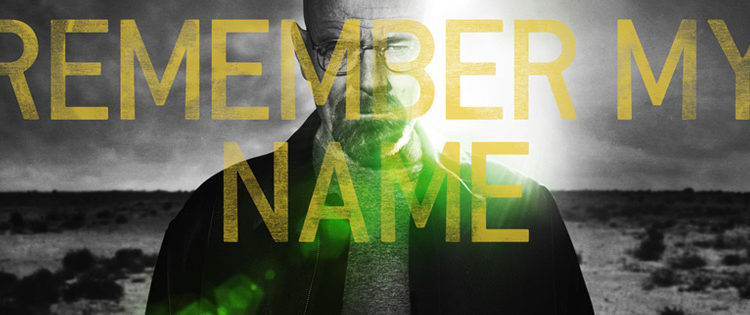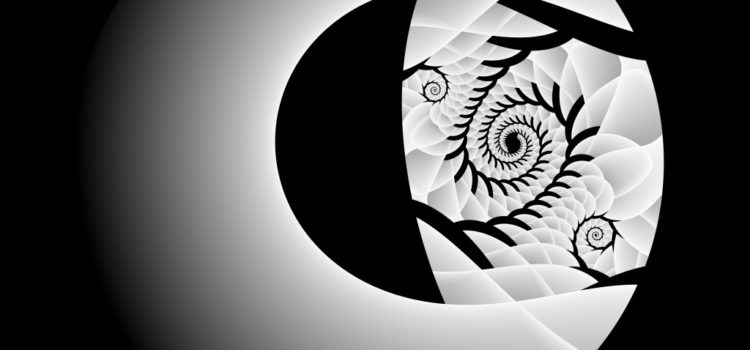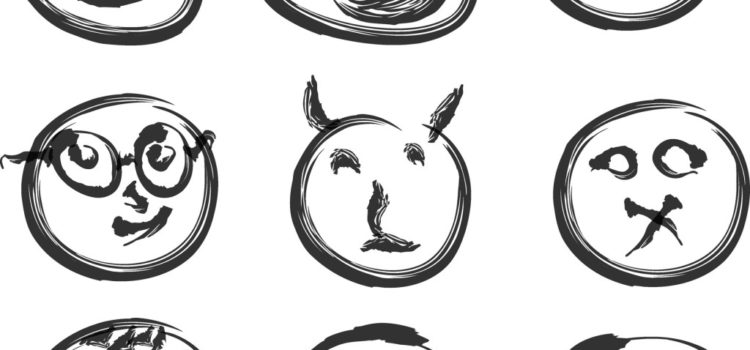I’m not a fan of competition. It brings out the worst in people, while trying to bring out the best. So of course I have difficulty understanding athletes using steroids or doping just to win a contest. These drugs have possible health consequences after all. For the athlete, I’m sure they believe it’s about achievement and maximized potential, but it’s driven by trying to be better than the other guy. The bar is set by another person. With that drive they are willing to do “whatever it takes.” Train more. Work harder. We as spectators encourage it and set up
Resetting the Bar







